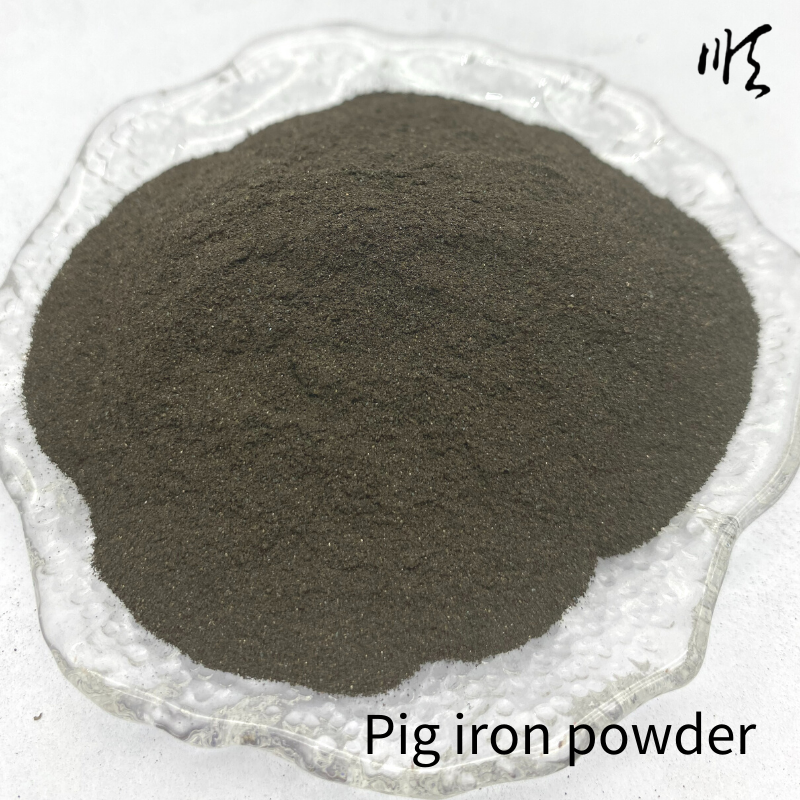
lime stone
The Significance of Limestone Earth’s Versatile Rock
Limestone is a sedimentary rock composed primarily of calcium carbonate (CaCO3), often formed from the remains of marine organisms such as coral and mollusks. This versatile rock has been a crucial part of human civilization for millennia, serving a variety of purposes that span from construction to agriculture. Understanding limestone and its applications provides insight into its significance in both natural ecosystems and human industries.
Formation and Types of Limestone
Limestone can be classified into several types based on its formation and composition, including chalk, coquina, and travertine. Chalk is a soft, white form of limestone made up of fine calcite crystals, predominantly formed from the shells of tiny marine organisms. Coquina is a more porous type, consisting of fragmented shells and coral cemented together. Travertine, on the other hand, often forms around mineral springs and is characterized by its layered appearance.
The geological processes that lead to the formation of limestone are intricate. Over millions of years, marine sediments accumulate on the ocean floor, compacting under pressure and transforming into rock. This natural process demonstrates the deep historical connections between earth's geological activities and global ocean ecosystems.
Industrial Uses of Limestone
Limestone's primary use is in the construction industry. It is a foundational material for cement production, serving as a crucial component in the manufacturing process. When heated, limestone undergoes thermal decomposition, releasing carbon dioxide and leaving behind lime (calcium oxide). This lime is then combined with other materials to produce cement, which is essential for creating concrete—the backbone of modern infrastructure.
lime stone

Beyond the realm of construction, limestone is also an important resource in the manufacturing of glass and ceramics. The calcium carbonate in limestone acts as a flux, lowering the melting point of the raw materials used in glass production, resulting in more efficient and cost-effective manufacturing processes. Additionally, limestone is utilized in the steel industry, where it aids in removing impurities during the smelting process.
Agricultural Benefits
Apart from industrial applications, limestone plays a vital role in agriculture. Farmers often use ground limestone to improve soil quality, particularly in acidic soils. The application of lime raises the pH levels of the soil, making essential nutrients more accessible to plants and improving overall crop yields. This practice not only enhances agricultural productivity but also promotes sustainable farming techniques by reducing the need for chemical fertilizers.
Environmental Considerations
While limestone is an invaluable natural resource, its extraction and use pose several environmental challenges. Overquarrying can lead to habitat destruction, ecosystem disruption, and increased soil erosion. Therefore, sustainable quarrying practices are essential to balance human needs with environmental conservation. Implementing responsible mining techniques and rehabilitation of mined areas can help minimize ecological impact while allowing for the continued use of limestone.
Conclusion
In summary, limestone is a rock of immense importance, influencing various sectors such as construction, agriculture, and manufacturing. Its intricate formation process reflects the dynamic interplay of geological forces and biological life over millions of years. To harness its benefits sustainably, society must prioritize responsible extraction and environmental stewardship. Recognizing limestone's multifaceted role not only in human industry but also in ecological systems is crucial for fostering a sustainable future. As we continue to rely on this natural resource, a commitment to environmental integrity and innovative practices can ensure that limestone remains a cornerstone of both our economy and the planet's health.
Share
-
Premium Talcum Powder Enhanced with GPT-4 Turbo | Soft & Long-LastingNewsAug.02,2025
-
Fly Ash Solutions Enhanced by GPT-4 Turbo | Sustainable InnovationNewsAug.01,2025
-
Natural Premium Bentonite Cat Litter - Superior ClumpingNewsJul.31,2025
-
Premium Resin Coated Sand - High Heat Resistance CastingNewsJul.31,2025
-
High Quality Silicon Carbide Grit for Abrasive ApplicationsNewsJul.30,2025
-
High-Quality Ceramsite for Plants & Gardening | Lightweight PebblesNewsJul.29,2025






